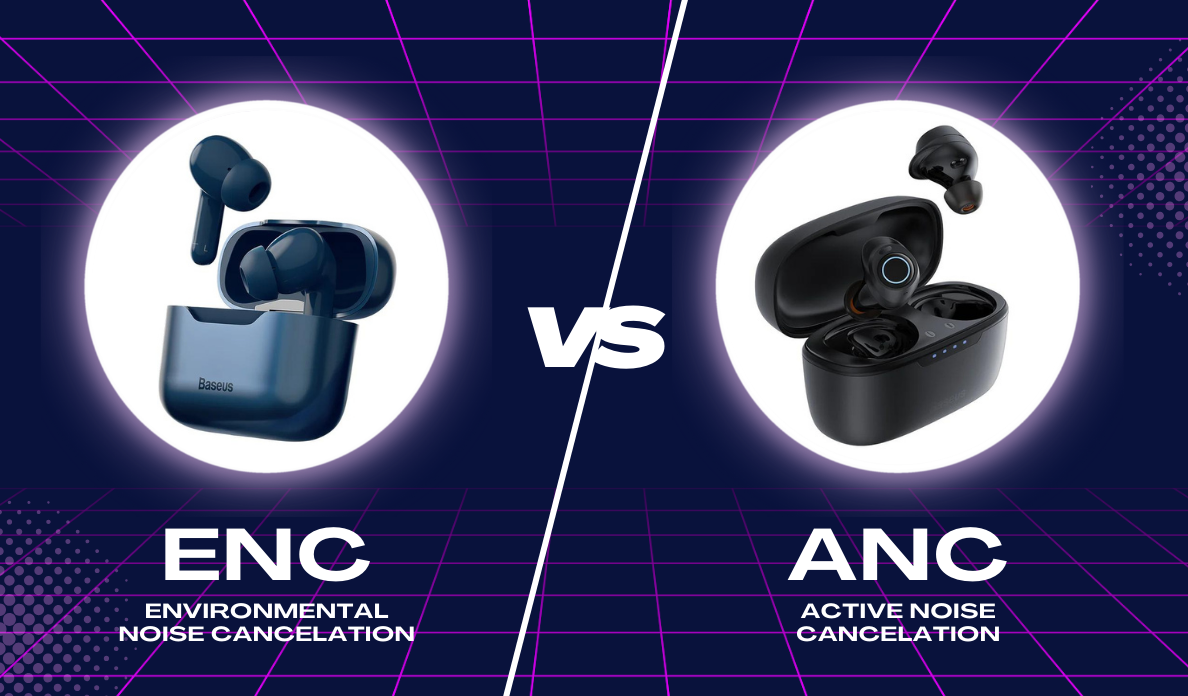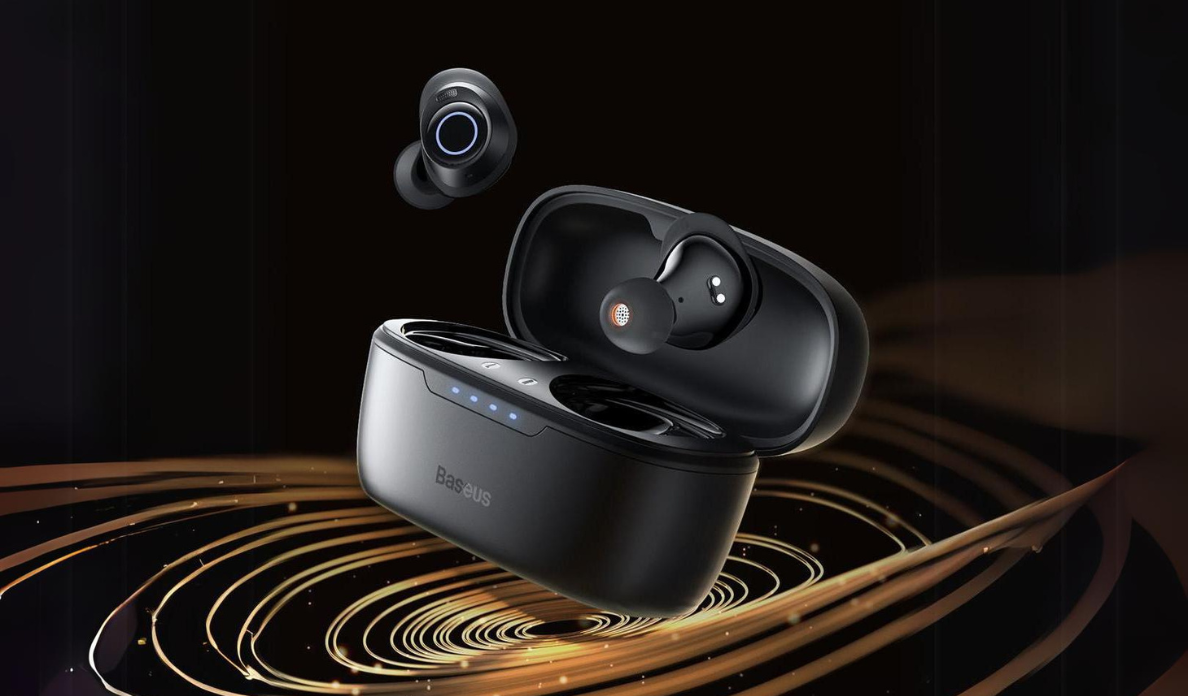Did you know the average person spends roughly 32 hours per week listening to music? Regardless of what you're using them for, knowing the quality of your headphones is crucial. When finding the best headset, you'll need to know the differences of ENC vs. ANC.
But what do these acronyms mean, and why do they matter? If you're curious about the differences, we're here to help. Read on for a brief overview of these terms and why they matter to you.
What Is ENC?

ENC stands for Environmental Noise Cancelation. These headphones cancel the environmental noise around you to help improve audio quality. But how do they work?
Without getting too complex, ENC headphones will match incoming ambient noise with a countering frequency. By giving a frequency that cancels out the incoming sounds, the ambient noise is effectively deleted.
Think of ENC as equaling out two sides of a scale. The ENC headphones are on one side, while the incoming frequency is on the other. By balancing these scales, your ENC headphones stop any incoming ambient sounds.
Pros of ENC Technology
ENC technology is fantastic if you spend time talking to others. If you're investing in a gaming headset or a microphone, ENC is ideal.
The benefit of ENC is that it helps to make your audio crisper. You won't have as much background noise while talking and can hear yourself clearly. Additionally, the incoming sound will sound clearer to you as well.
Most people invest in ENC headphones if they use their headsets to communicate with others. Occupations where you call others are great for ENC headphones. Others use them for hobbies like online gaming where communication is key.
Cons of ENC Technology
One issue that all noise-cancelling headphones share is that they make you unaware of your surroundings. By canceling your ambient noise, you're less able to react to your surroundings.
When you're at home alone, this isn't a terrible detriment. You can usually feel safe in your home without scanning your surroundings.
However, canceling your surroundings is dangerous if you're out on the town. You may miss someone calling for you, not hear an emergency, or mishear a direction.
Particularly for ENC, the primary con is the high price. ENC headphones are more expensive than the average pair of headphones. If you buy a low-quality pair, you may not even notice the sound canceling!
What Is ANC?

ANC stands for Active Noise Cancelation. ANC headphones work similarly to ENC headphones. These headphones will produce a frequency that cancels out incoming sounds.
ANC works best for overhead headsets instead of earbuds. They also focus more on the listening experience.
Pros of ANC Technology
The primary benefit of ANC is that it focuses on giving you a better listening experience. Most people use ANC headphones for music and gaming for this reason.
They're also better for stationary activities, as ANC headphones are usually overhead headsets.
Cons of ANC Technology
ANC technology's primary con is that headphones must be compatible. Some headsets are made specifically with ANC in mind. These headsets work phenomenally and are excellent at canceling ambient noise.
If your headphones aren't ANC-compatible, this technology isn't available to you. Due to this, people wanting ANC headphones have to invest in them specifically.
ANC also doesn't work well with low volumes. Music that you're playing quietly is often muffled by the ANC measures.
The same is true for gaming, watching movies, and any other use of your headphones. Turning the volume up can fix this problem, but not everyone wants to blast their audio.
ENC vs. ANC
Now that we know more about ENC vs. ANC, which is best? The short answer is that it depends on your preferences.
While they're similar technologies, the two fulfill different roles. You wouldn't always use them interchangeably.
Due to this, it's best to judge ENC vs. ANC in a given situation. ENC is better than ANC in some settings, whereas ANC beats ENC in others.
Here are some of the use cases for each so you can decide which one to use.
When to Use ENC
ENC headphones are ideal for communication. Many people use ENC headphones for their work computers, gaming headsets, and similar applications.
ENC headphones often have higher audio output quality. However, their incoming audio quality is sometimes lower than ANC headphones. The deciding factor is the quality of the headphones you're using.
When to Use ANC
ANC headphones shine when you need to block out the outside world. You may use ANC headphones to help you stay focused and avoid distractions. ANC headphones are great for solo gaming, studying, working, and other situations.
Many users will employ ANC headphones for their commute. Sound cancelation qualities help to keep the noise of a busy train or bus out. If you're working while you commute, such as studying on a train, this is an ideal use case.
Recommendations
Our Baseus Bowie MA10 TWS Earbuds are a hybrid ANC that provides great battery life and noise reduction. You'll love the noise reduction of -48dB and 125-hour-long battery life on your commute.

If you prefer ENC earbuds, we suggest the Baseus SIMU S1 Pro TWS Wireless Earbuds. These earbuds provide an immersive listening experience with a smooth, stable connection. You'll enjoy crisp and clear audio while also benefitting from the rapid and wireless charging compatibilities.
Finding the Best Audio Fidelity
ENC vs. ANC is a difficult winner to pick due to both excelling in separate uses. If you're looking for noise-canceling headphones for your daily commute, we suggest active noise-cancelation headphones. For a gaming headset or work headphones, we suggest environmental noise cancelation.
For more information on the best headsets for you, contact us to learn more! You can also browse our extensive site for more product suggestions and reviews.
 United States/English
United States/English





